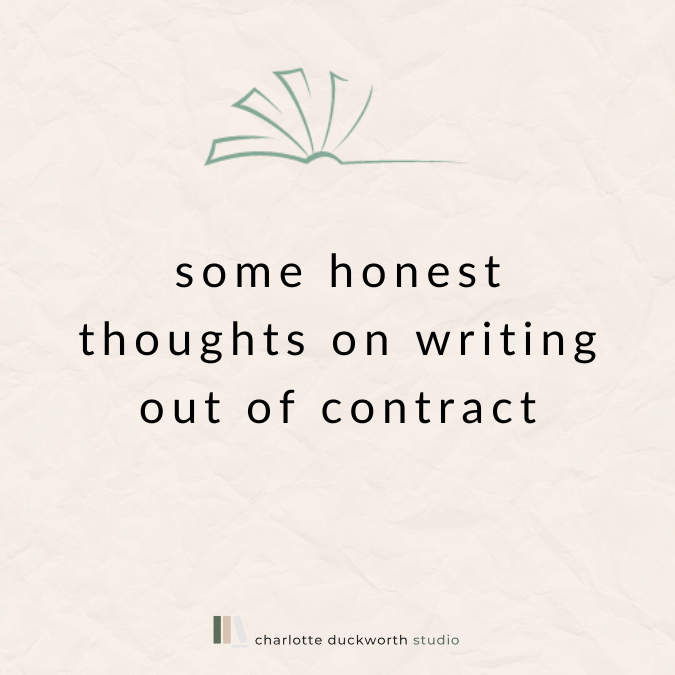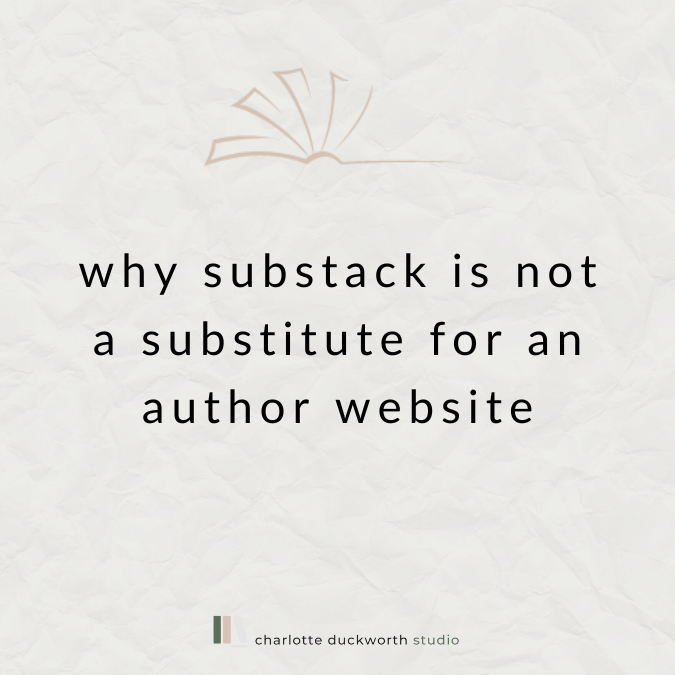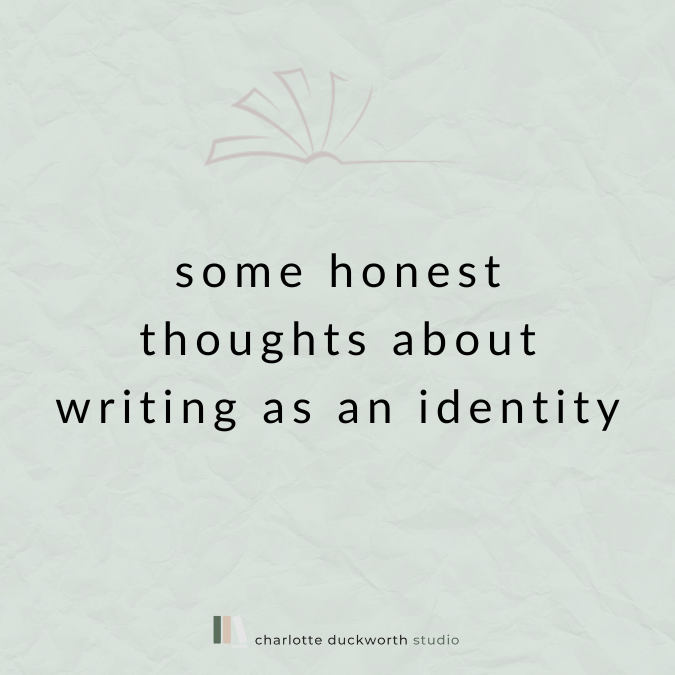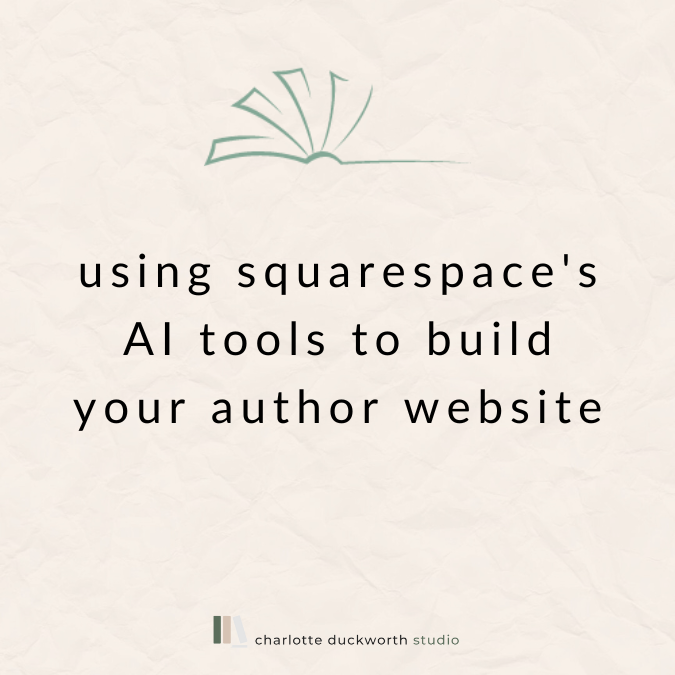Expert Q and A: agent Caroline Hardman from Hardman and Swainson
This is an interview I’ve been meaning to do in absolutely ages! So I’m really excited to finally have it done and live on my blog to share with you.
Caroline has been my literary agent since the beginning of time (not really, but since 2006 or something ridiculous). I was lucky enough to sign with her when she was just starting out - I think I was actually one of her very first clients, and she’s stuck with me through numerous books over the years and never given up on me. As a result, I think she was almost as chuffed as I was when I finally sold my novel The Rival.
Anyway, throughout the time I’ve been signed with her she’s achieved some amazing things and is now one of the most sought-after agents in the business, as well as being one of the most straight-talking. So I thought it was about time I pinned her down and we discussed All Things Publishing. Hope you find her answers as interesting and as enlightening as I did.
Are you actively seeking new writers? If so, how many do you take on each year?
Yes! Absolutely. It varies depending on the year – I think I’ve taken on 8 this year which probably more than normal (whatever normal is). Two of those were fiction.
How much of a manuscript do you read before passing on it?
Again, it varies every time. Sometimes I know from the query letter that it won’t be right for me. It’s most difficult when you think something is promising and read a lot or finish it, only to decide ultimately that you’re not going to take them on, as that’s very time consuming. I can usually decide very quickly if it’s a no, or if I’m interested and likely to read more than the first few pages.
“Ultimately I think most agents are looking for books that will strike a chord with a wide audience”
Do you have any immediate turn-offs when considering a submission?
Genres I don’t represent (eg, full on fantasy or sci-fi), or a certain kind of spy thriller that’s really hard to sell but we see an awful lot of in the submissions inbox. Personally, I am often turned off by the way an author presents him or herself in their query email. There are also a lot of people writing quite dull, thinly-veiled autobiographical fiction. Your life is often not as interesting as you think it is!
Are there any particular genres that you see too many or too few submissions in?
The aforementioned spy thrillers and autobiographical novels. I see a fair few novels where the main character is left something in a will (a house, or whatever).
We don’t see enough really strong love stories, or book group novels with a fantastic hook - there is always room for more of those! Ultimately I think most agents are looking for books that will strike a chord with a wide audience. We love a hook!
“Writing is a lonely business and your agent is often your only constant in an ever-changing landscape”
When so many people now choose to self-publish, why do you think agents are still so sought after?
You should probably answer that one!
Whilst many authors were self-publishing successfully a few years ago, when Amazon KDP took off, I think it’s actually incredibly difficult (and time consuming) to gain any traction now. You have to be very savvy and have a lot of time to dedicate to it. Most authors writing a book don’t know anything about the actual business of publishing and therefore want a publisher, whether that’s a traditional publishing house, or a newer e-publisher, and most publishers only look at agented submissions.
But beyond that practical consideration, there’s so much that an agent does – we know the business and what terms should be negotiated for the author, we often edit a novel before it goes on submission, we pitch to publishers, constantly network with editors to know who to submit to, offer advice throughout the whole process, act as a go-between to keep the relationship between editor and author a positive one (we hope). Writing is a lonely business and your agent is often your only constant in an ever-changing landscape, where editors move houses all the time and there’s no guarantee of loyalty from a publisher. We’re there to fight your corner (or tell you when it’s not worth a fight!) and as a sounding board. I think I’m a mixture between a business manager and an agony aunt.
What should authors look for in an agent?
This can depend what’s important to you, but first and foremost I think you need to feel confident in their ability to do their job, that they’re enthusiastic about your work, and you have to trust them. It helps a lot if you like each other and feel you can work well together. Obviously a track record of selling is important, but newer agents have to start somewhere so it’s not always the most important thing. Like with a personal relationship, I think rapport is very important.
On a wider level, the agent or agency has to have the infrastructure to do a good job (rights, accounting, etc). Ideally the agency would have AAA membership or abide by its code of conduct.
What's the one thing authors can do to make dealing with a writing career easier for themselves (other than writing good books!)?
Doing whatever it takes to have and maintain a positive mental attitude. It’s a hard (and at times lonely) business and there will be knock-backs. Being able to take those knocks and move forwards is essential. Like with any career, having a meaningful life outside of your writing is key.
Secondly, even though writing itself can be incredibly personal, it’s important to be professional in the way you conduct yourself – with your agent, publisher, and other writers.
“be proactive and not afraid to ask questions if necessary or if you feel something isn’t getting done”
What do you think an author can do to help ensure longevity?
Be flexible and open-minded. Don’t be afraid of changing if something isn’t working. Listen to your agent and editor and be cooperative in the editorial and publishing process. Be prepared to promote yourself (to whatever degree feels comfortable to you; that doesn’t mean you have to be the loudest author on social media). Ultimately your agent and publisher are working on other books and you’re the one solely focused on your own – be proactive and not afraid to ask questions if necessary or if you feel something isn’t getting done.
As above, being professionally minded helps an awful lot. You don’t have to be a pushover, but being polite and respectful go a long way. Get behind other writers and be supportive of each other.
How do you think ebooks and audio have affected the market? Have they had any impact on the way publishers acquire books?
This is quite a big question and I’m not sure I could do it justice here!
I think ebook and audio provide another opportunity for sales in what can be a challenging market for physical books, when retail space is being squeezed all the time. Genre fiction in particular is served by digital publishing (whether e or audio), when series can be published more quickly and readers want their next fix straight away (in a similar way as we’ve seen with the streaming box-set trend on TV). Most publishers acquire wanting a book to work in both e and p but there are times when a publisher knows that a book will work particularly well in ebook and that will be their focus. And of course, some publishing houses or imprints are focusing on that market entirely, whether that’s Amazon Publishing, Bookouture, or imprints like One More Chapter or Dash – all of which are pretty much firmly focused on commercial fiction (though some are setting up digital non-fiction lists too).
I certainly think the rise in sales of non-fiction is related to the increasing popularity of audio (one factor in this trend, at least).
And obviously ebook sales have had an affect on the retail price of books (though the discounting trend was started way before, with the demise of the net book agreement).
How difficult is it really for midlist authors to get re-contracted? Do you have any thoughts on the trend of re-branding yourself under a pseudonym?
I loathe that term! It depends on the level the author was acquired for and the passion of the team or the editor, and on the quality of their next book. If a publisher can see that it’s a particularly strong book, sometimes that’s enough. There are countless examples of authors who have taken off mid-career without re-branding.
Rebranding is a consequence of how retailers judge past performance. So often an author will be judged by a retailer on their Nielsen Bookscan performance (which is a pretty limited picture of an author’s overall sales performance). If it can get publishers and retailers to look at an author differently, then why not – particularly if it’s a new genre so gives the author a completely fresh start. But it’s also symptomatic of the sometimes tiresome thirst for ‘debuts’ - Joanne Harris wrote about this on Twitter recently.
What is the one thing you wish all authors knew/understood?
Hmm. I am not sure there is one thing as authors often have very different levels of knowledge about the industry. I definitely have a lot of difficult conversations about covers – about 90% of authors don’t like their covers (or at least, first drafts of them) – so perhaps expect to be disappointed and then you might be pleasantly surprised!
“about 90% of authors don’t like their covers”
I do wish authors understood book fairs and how they work, but actually it’s probably best to just leave that bit to us!
What's your favourite thing about being an agent? And your least favourite?
Favourite: telling an author they have a deal! This is particularly satisfying when you’ve been working with someone for ages, but however it comes about, this is hands down the best part of the job and I love it. That’s why we do it!
Least favourite: an author getting dropped by their publisher, and editors who ignore emails / are flaky.
Tell us something surprising about agents.
We are human beings! We actually spend a surprising amount of time in each other’s company as well (eg, at publishing parties).
Tell us something surprising about the publishing industry.
The way the media portrays publishing is that it’s all glamour, loads of money and a massive launch party for your book. There are rarely launch parties and they’re self-funded by the author as they don’t help sell books. Also – most ‘debuts’ are rarely actually debuts and those authors have probably written several novels (that haven’t been published).
Tell us a little bit about your background/route into agenting.
I’ll try to be brief…. Whilst I was doing my MA I realised that I didn’t want to continue to do a PhD but didn’t know what else I’d like to do either. Then I had what I thought was a unique idea – I loved books so I’d work in publishing! Little did I know how popular this was as a career choice and how hard it could be to get in to, especially for a normal northerner, with no contacts or experience, or place to stay in London. Once I’d made that decision I was pretty dogged about doing everything I could: got a job at Waterstones as a bookseller, read The Bookseller and everything else I could get my hands on about publishing, and started applying for work experience and graduate trainee schemes. I saw a job advertised as an agency assistant in the now defunct Guardian graduate section and saw that the agency – rights specialists The Marsh Agency – handled rights on behalf of Tindal Street Press, a Birmingham-based indie where I’d just done some work experience. I applied for the job, got it and worked my way up from assistant / receptionist, to right exec, to agent, and then moved to the Christopher Little Literary Agency, where I met Jo Swainson and we decided to set up our own agency. And here we are!
And a bit about Hardman & Swainson...
We are an energetic literary agency representing a diverse range of authors, from literary and commercial fiction, to serious and popular non-fiction. Currently we are a happy team of 5: me, Jo Swainson, Hannah Ferguson, rights director and agent Thérèse Coen, and assistant, Nicole Etherington. Our offices are right in the centre of London (in the beautiful Somerset House), but we are not London-centric, hailing from all over the UK and in Thérèse’s case, Belgium. We have an international focus – we love going to book fairs and international business trips (including the US). We’re always looking for fantastic new star authors.













